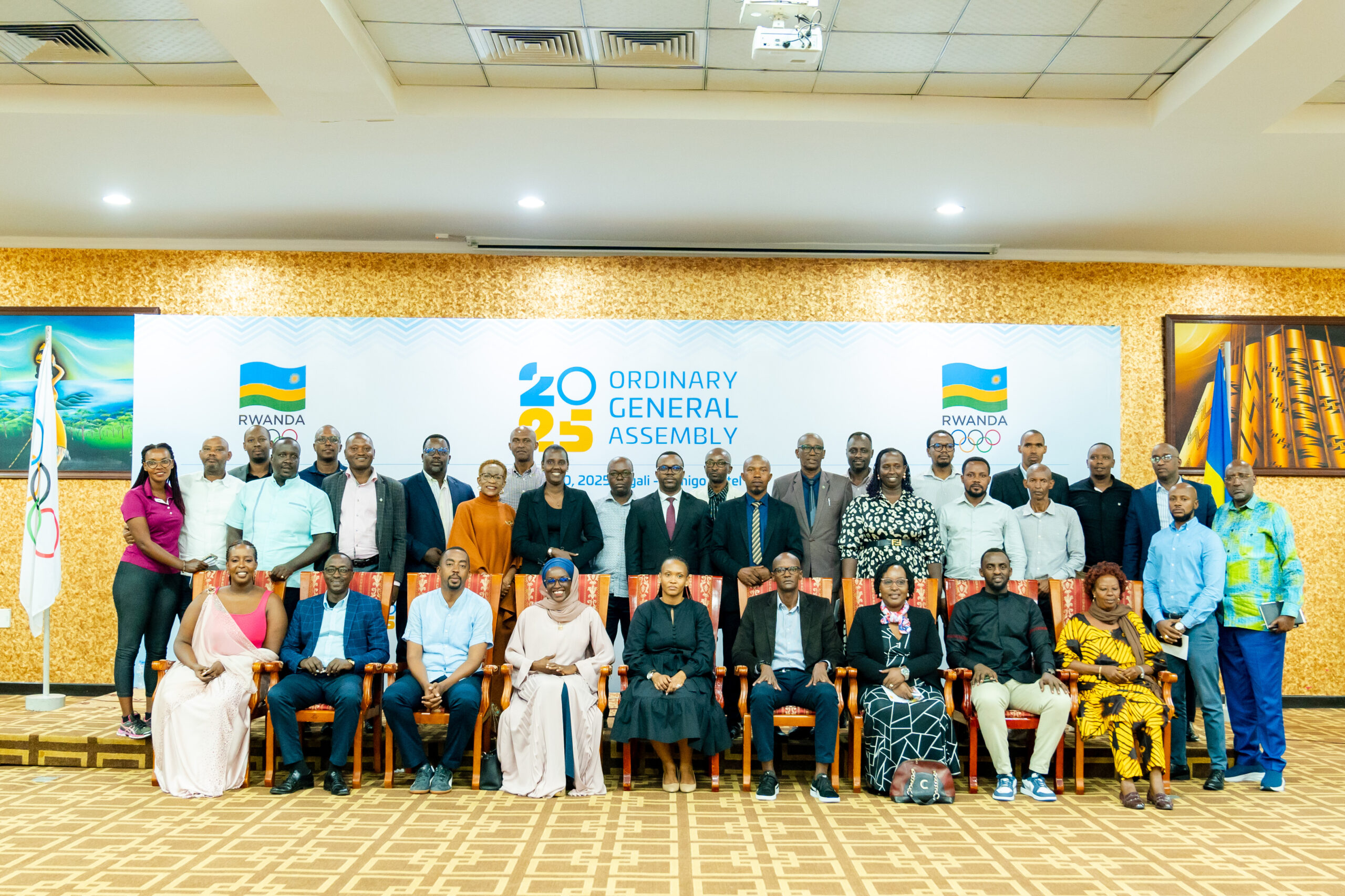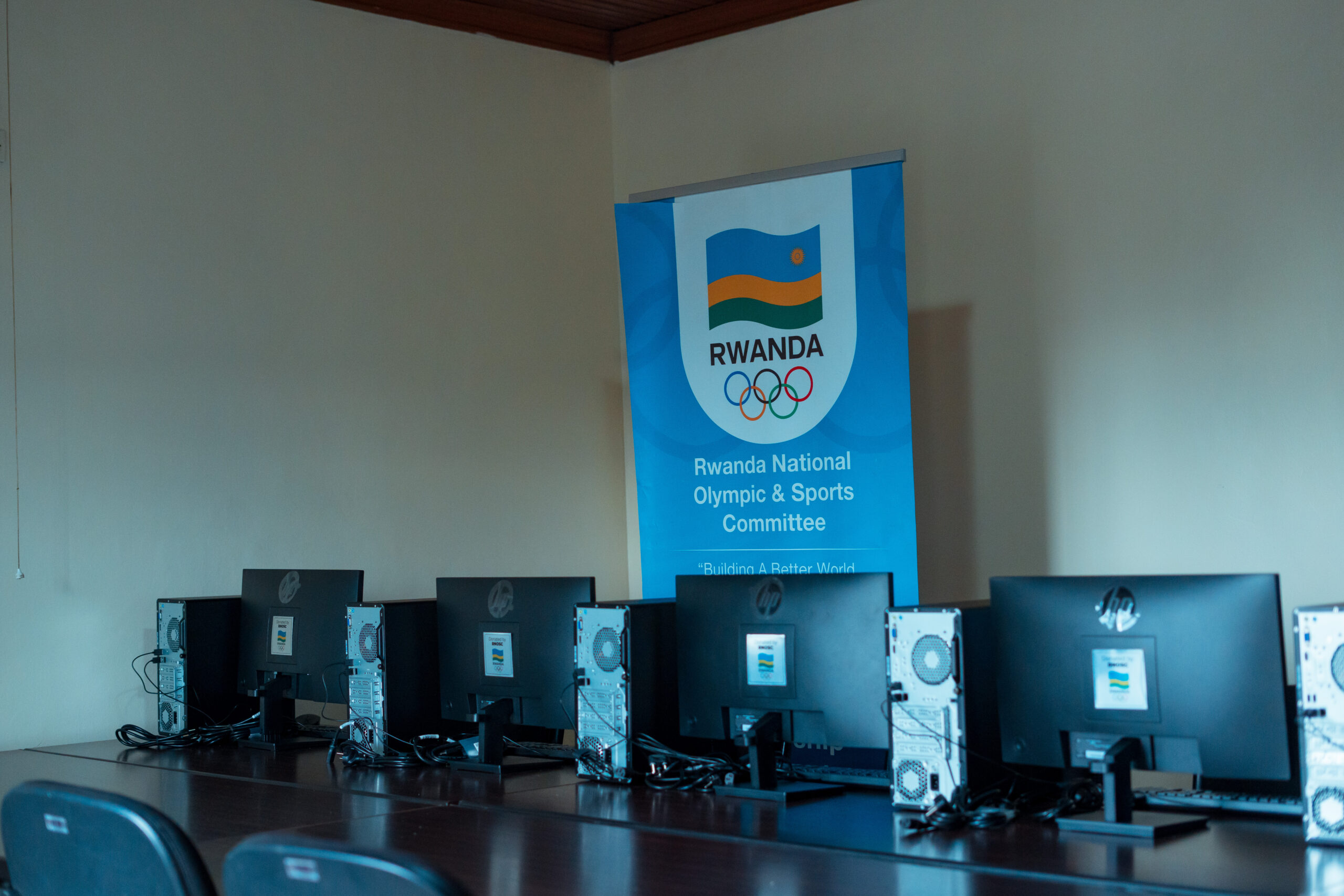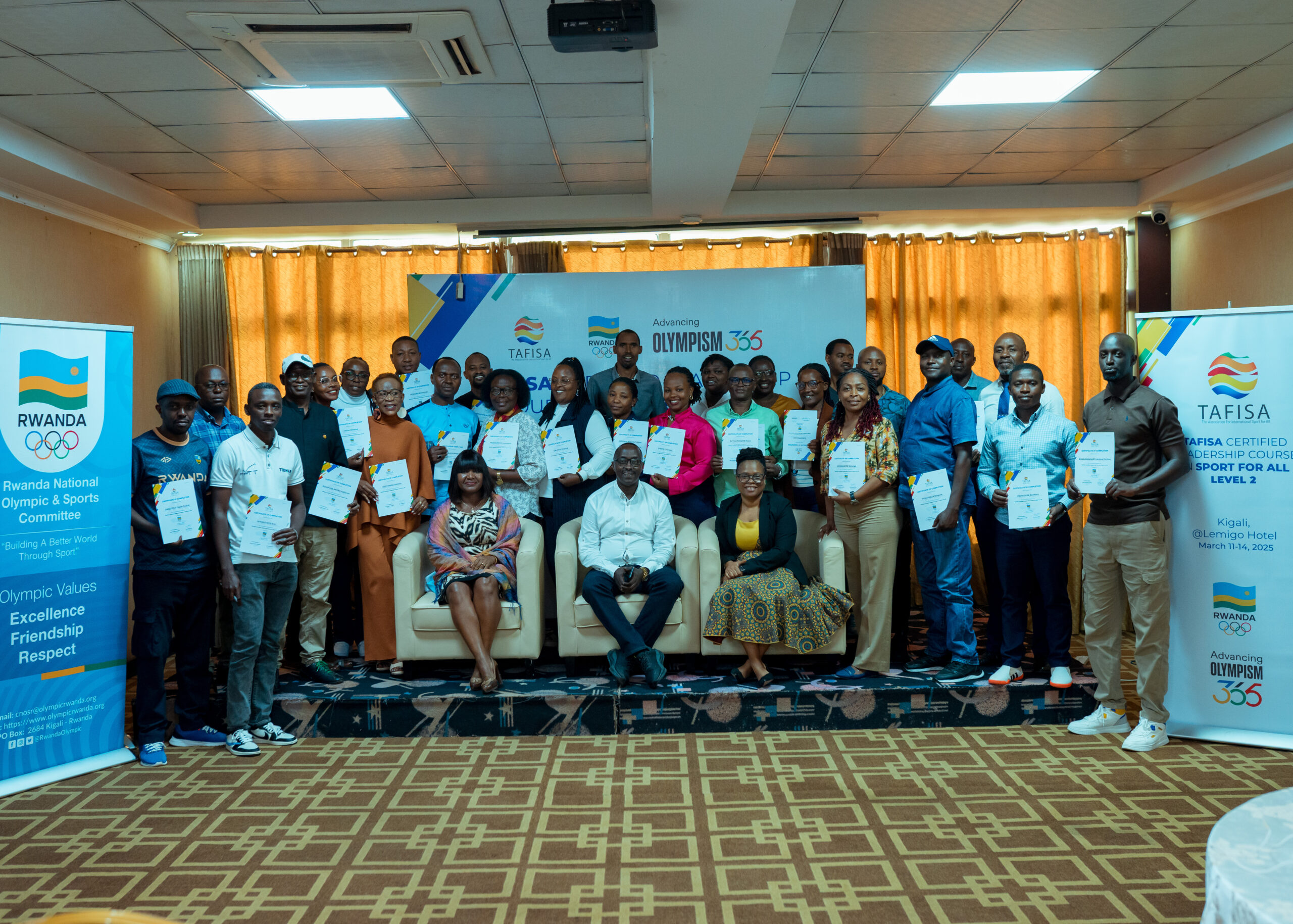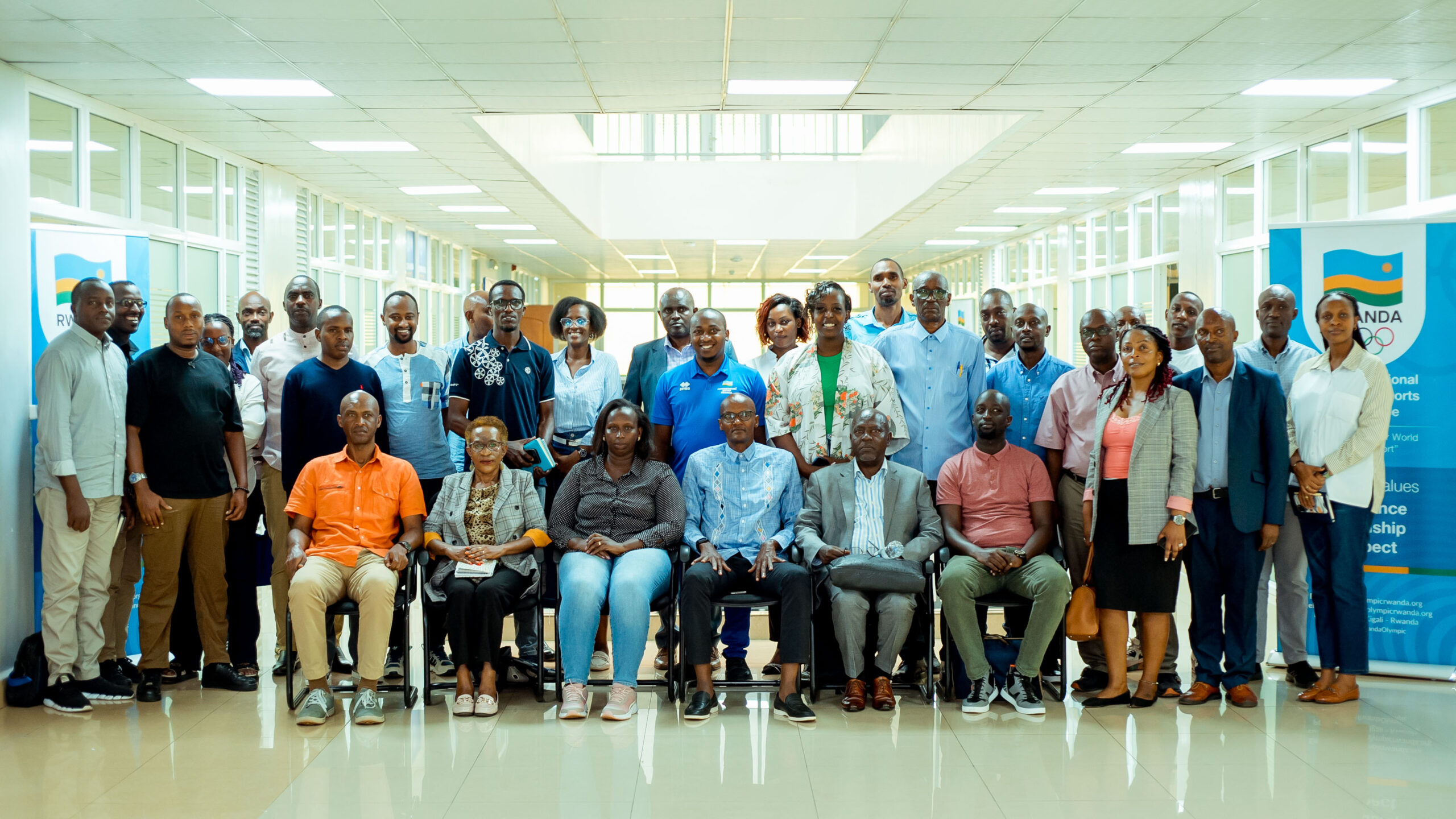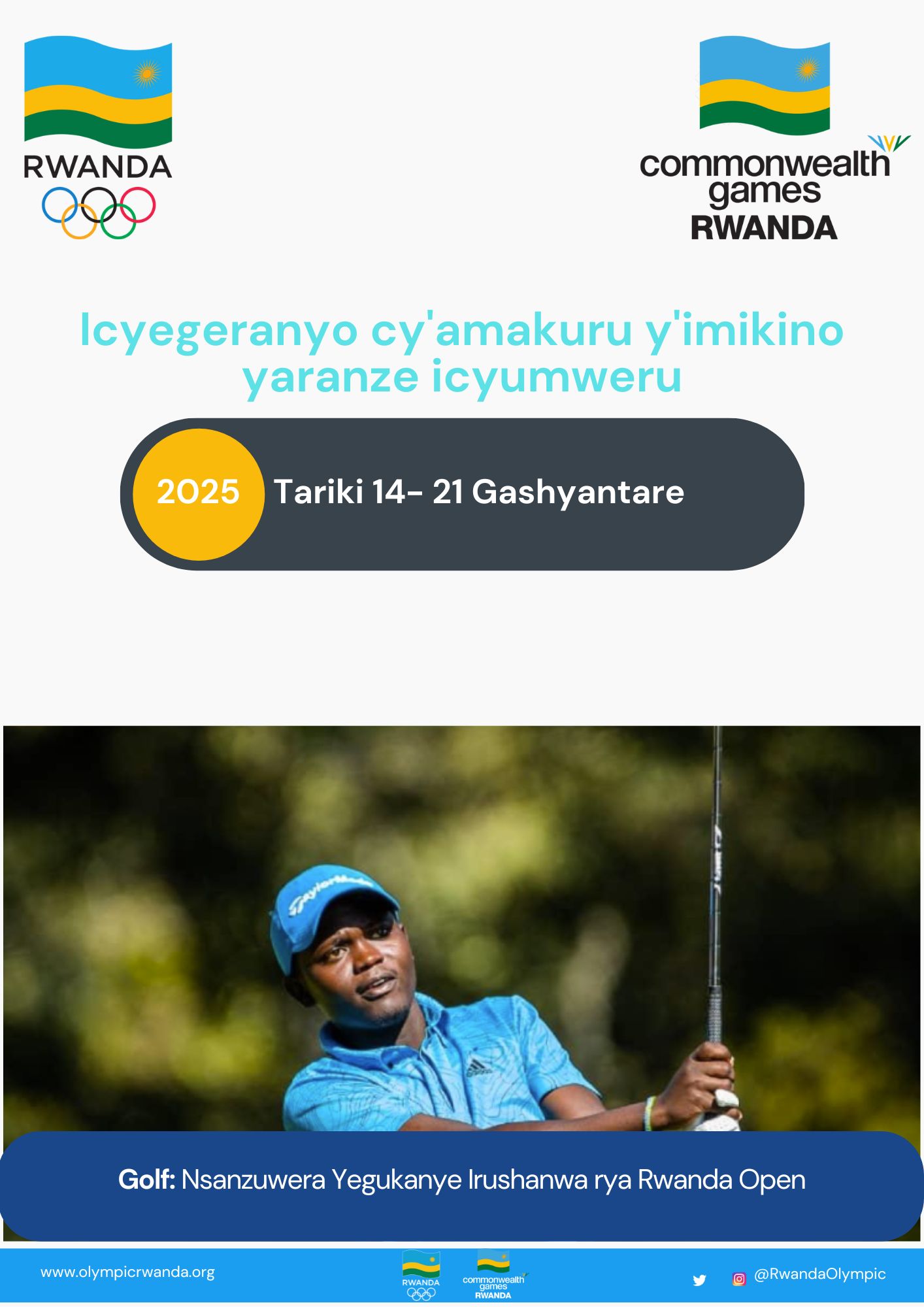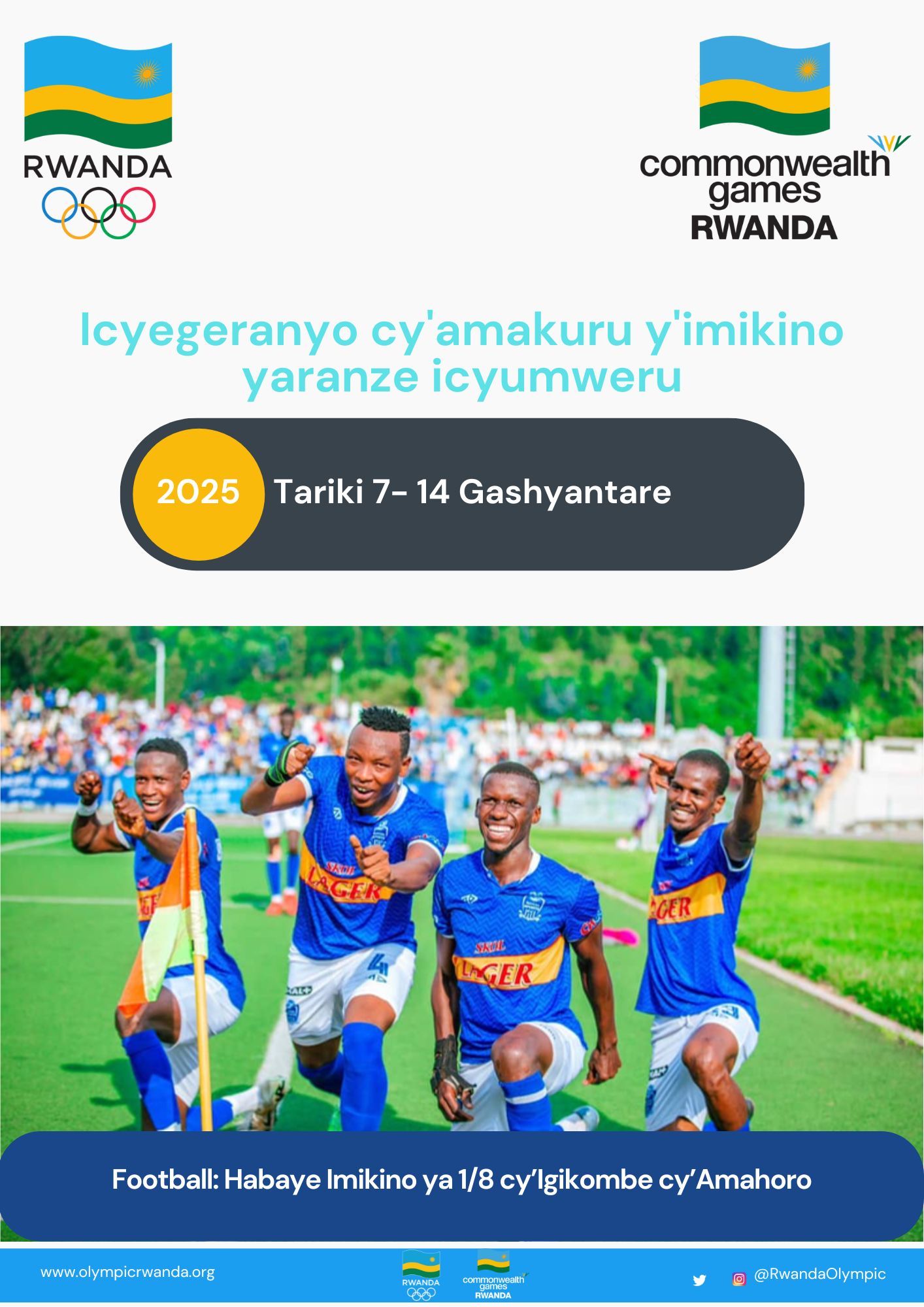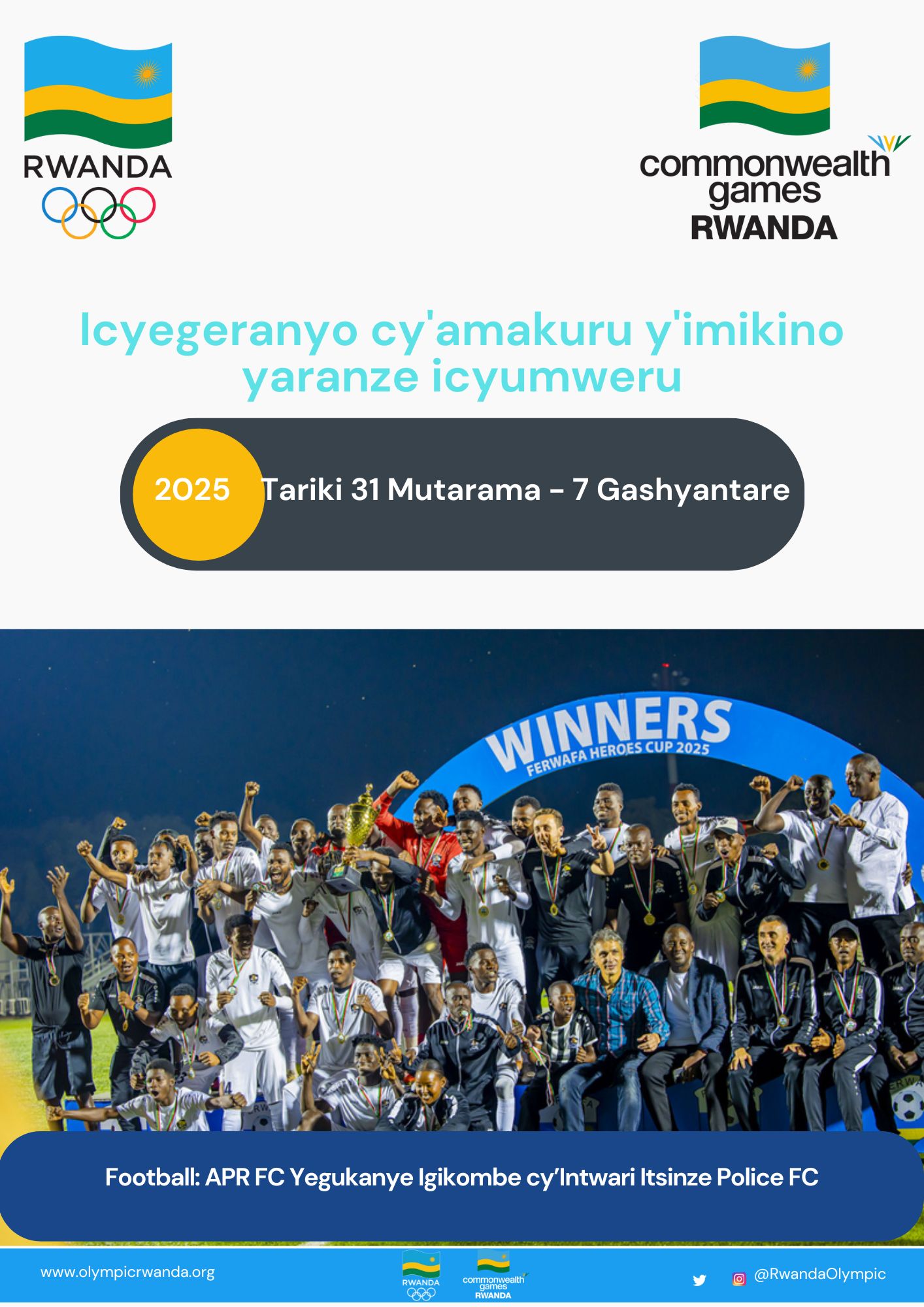The Rwanda National Olympic and Sports Committee (RNOSC) held its Annual Ordinary General Assembly, marking a significant milestone in the development of Rwanda’s sports sector. Among the key resolutions passed, the approval of the RNOSC Headquarters and Olympic Training Centre construction project stood out as a transformative step for the country’s sports infrastructure. Read More
